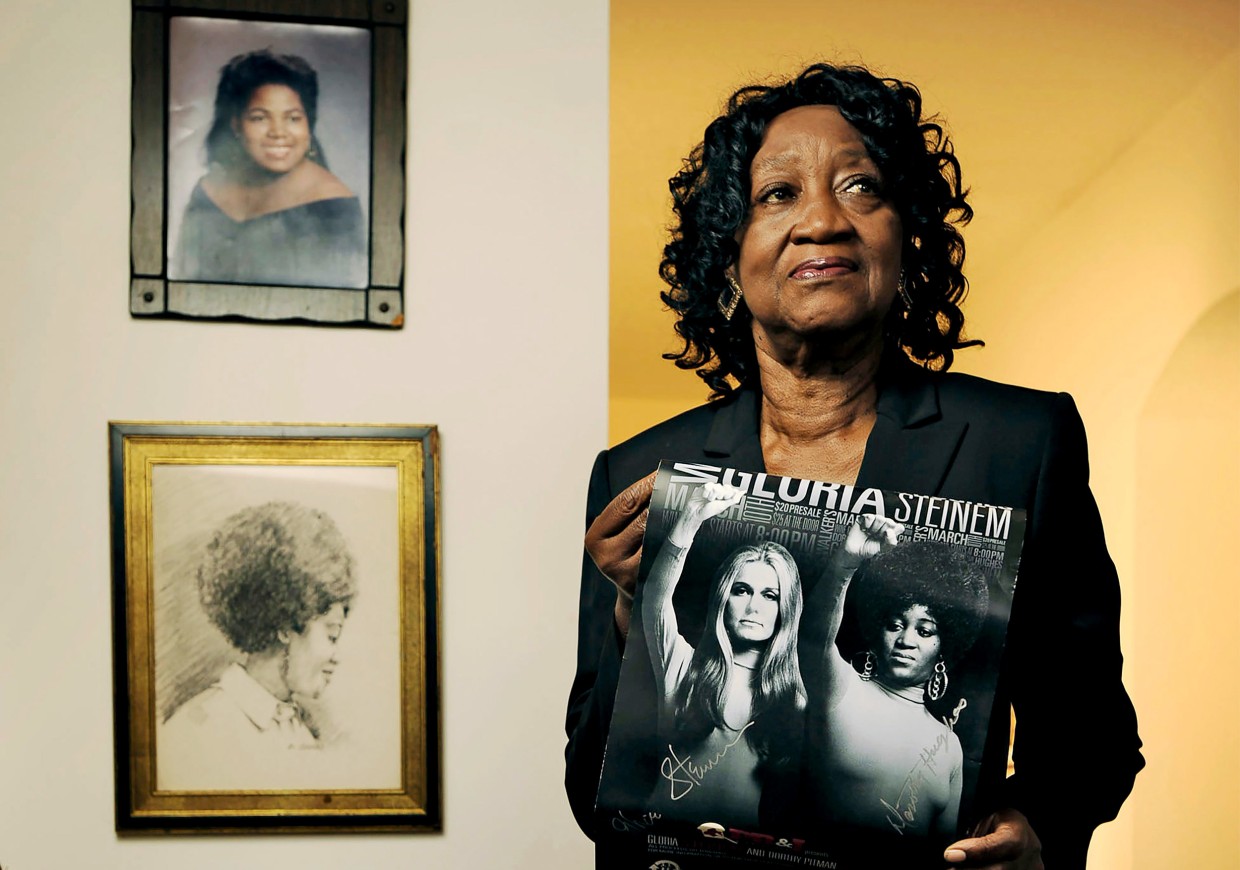Black feminist Dorothy Pitman Hughes’ outsize influence on Democratic politics is still being felt today.
Hughes, who died Dec. 1, was a civil rights activist whose insistence that Black women’s plight be addressed in the popular feminist wave of the late '60s helped lay the foundation for the multiracial coalitions that characterize liberal politics today.
Hughes gave us the blueprint for modern-day liberalism.
Along with being a business owner and benefactor in Harlem and advocating for social welfare policies to aid children, Hughes is credited with pushing the message of Black women’s liberation in the early 1970s. She challenged feminist Gloria Steinem to be more outspoken and inclusive of Black women as the two toured the country together throughout the decade.
They posed for this iconic photograph together in 1971.
“I have been lucky to call Dorothy a friend and lifelong co-conspirator,” Steinem wrote on Instagram. “Her devotion to children’s welfare, racial justice and economic liberation means that she left the world in a better place than she found it.”
Hughes gave us the blueprint for modern-day liberalism.
This concept of “intersectionality,” which is the idea that people carry multiple social identities (like their race, gender or religion, for example) was founded upon the work of Black female activists like Hughes, who insisted the story of true American liberation couldn’t be told if it didn’t involve Black women’s freedom.
Her demand that Steinem’s second-wave feminism reflect the wants and wishes of Black women informed Steinem’s work on a personal level, but it also created space for Black women in a popular feminist movement that often ignored them. And that planted seeds for today’s progressive movement, in which Black women drive the conversation and “listen to Black women” is a common refrain.
Hughes was a pioneer on that front, which is to say she isn’t a hero to one group alone. Her emphasis on Black women’s liberation strengthened Democratic politics as a whole by forging bonds among feminists of all races — and showing how similar coalitions could be built. In her outspokenness, she indicted the public conscience and urged everyone, from white women to Black men, to assess their role in Black women’s oppression.
And in so doing, she drew a distinction between feminism that was pure and feminism that was performative. And established a standard for what it means to be a true activist.
RIP to a legend.
Related:
